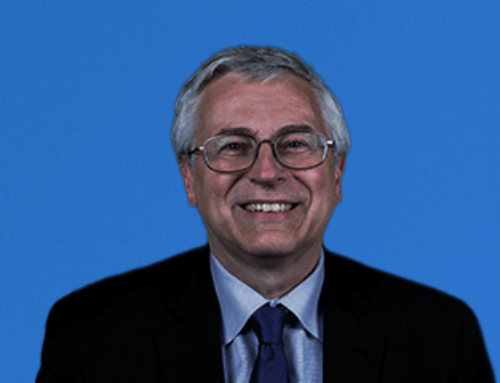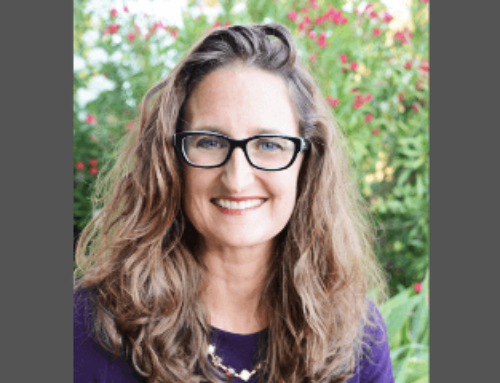With more than 100 outstanding sessions and new clinical and research tracks, the SLEEP 2015 scientific program presents you with a challenging dilemma: How do you choose which sessions to attend when so many of them pique your interest and spark your curiosity?
The good news is that you can’t go wrong: No matter which sessions you attend, SLEEP 2015 in Seattle will educate, equip and energize you in a way that no other sleep meeting can match. But before you can benefit from SLEEP 2015, you have to make the decision to attend: I urge you to make that decision now and register for SLEEP 2015 today.
Only two weeks remain before the SLEEP 2015 early-bird registration discount expires after April 22. Early registration saves you money and allows you to secure a seat in some of the most popular ticketed sessions, which already are beginning to sell out.
As you browse the SLEEP 2015 session schedule to plan your itinerary, be sure to take note of these five sessions, all of which are deserving of your attendance:
1. Sleep and Cannabis: A Discussion on Current Research and Policy – Sunday, June 7
The state of Washington became one of the first to decriminalize and legalize cannabis in 2012, making Seattle an appropriate venue for a discussion on the potential sleep-related implications of recreational marijuana use. Join us for an evening of stimulating discussion from 6 p.m. to 8 p.m. Registration for this event is FREE when you register for SLEEP 2015.
2. SLEEP 2015 Plenary Session – Monday, June 8
The first full day of the scientific program begins with the morning plenary session, during which two keynote lectures by Dr. Masashi Yanagisawa and Dr. Daniel Buysse will provide fascinating insights describing the search for sleep genes and the brain correlates of insomnia.
3. Doing Good and Proving it: How Sleep Medicine Quality Metrics Can Help You Improve Patient Outcomes and Help Your Practice in an Accountable Care Age (S05) – Monday, June 8
It’s my privilege to be chair of this afternoon symposium, which will familiarize you with the recently published AASM quality measures and describe how they can be used in sleep medicine as part of a quality improvement program.
4. AASM Consensus Statement Sufficient Sleep for Optimal Adult Health (D03) – Tuesday, June 9
AASM President-Elect Dr. Nathaniel Watson is chair of this afternoon discussion group, which will introduce a new consensus statement describing the recommended amount of sleep needed to promote optimal health.
5. Tom Roth Lecture of Excellence – Enhancing Clock Function: Impact on Brain Health (I11) – Wednesday, June 10
One of the highlights of the final day of the meeting, this afternoon lecture by Dr. Phyllis Zee will explore the role of circadian rhythms on brain function.
This is just a small sampling of the wealth of professional education awaiting you at SLEEP 2015, the 29th annual meeting of the Associated Professional Sleep Societies (APSS). I hope you will start making plans today to join me in June in Seattle!
Sincerely,
Timothy Morgenthaler, MD
President






